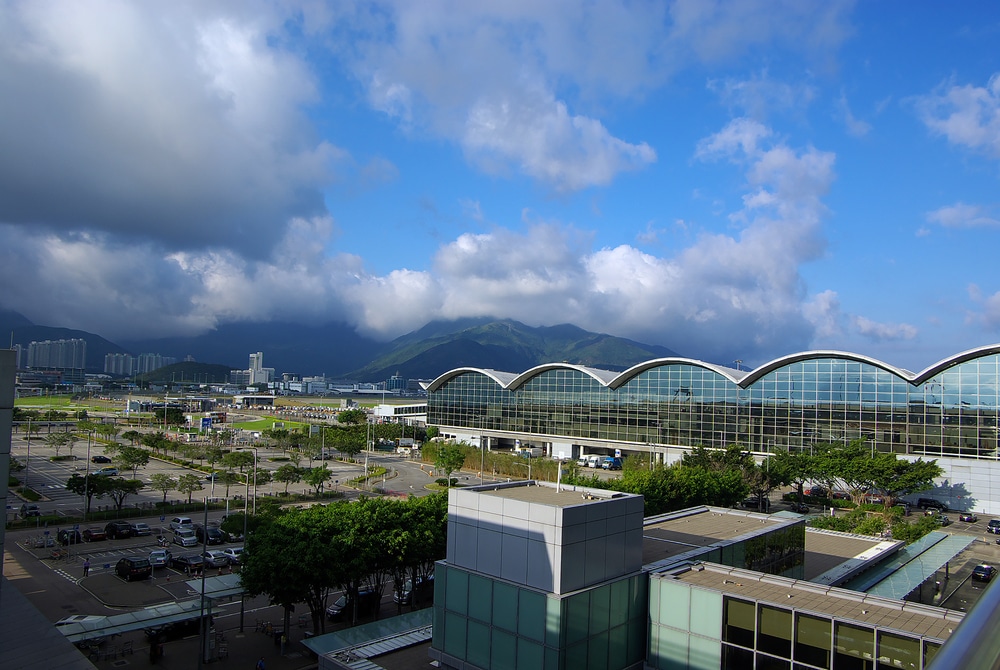G4S delivers integrated off-airport cargo screening services in Hong Kong


James Thorpe
Share this content
New strict cargo-screening rules have come into place at Hong Kong International Airport – one of the world’s busiest air cargo hubs. The new rules phase out a status previously held by many consignors which meant that as long as they met certain security criteria, their cargo would not normally require further measures before being loaded onto flights.
“The new requirements significantly increase the amount of cargo that must be screened, up to a volume that will certainly exceed the screening capacity at the airport cargo terminals.” said Francis Ng, Consultant at Aviations and Logistics, G4S Secure Solutions (Hong Kong) Limited.
“With such a huge volume of air cargo, the handling efficiency from the point of cargo acceptance until they are loaded onto flights is critically important.”
With decades of experience serving the aviation and logistics sectors, G4S Hong Kong is able to support customers to cope with the enhanced security standard with its integrated solution in off-airport cargo screening.
“G4S offers a total solution comprising air cargo screening, warehouse security and security systems. In addition to knowing what is required, understanding the logic and the background to the security measures, we also have a profound knowledge in the air cargo supply chain which enables us to effectively address the clients’ needs,” said Francis.
Since its move from Kai Tak to Chek Lap Kok in 1998 the air cargo volumes at Hong Kong International Airport have continued to grow at a fast pace to over five million tonnes per year, making it one of the busiest cargo hubs in the world. To help manage the higher volumes of cargo, the Civil Aviation Department (“CAD”) has introduced a Regulated Air Cargo Screening Facilities (RACSF) Scheme, which permits off-airport screening of ‘unknown cargo’ from unregulated senders such as the general public, manufacturers, dealers and distributors.
“When cargo is being screened at the airport, it may get stuck in long queues and often needs to be broken down and built up again at the airport to process the security checks. In some cases this can take many hours and result in missed flights. To prevent these potential delays, the Regulated Agents generally prefer to have their cargo screened at off-airport locations,” said Francis.
Those in the industry that are interested in carrying out off-airport screening must have the correct approved screening equipment, strong site security measures and the necessary training, certification and supervision of screening personnel.
To perform the off-airport screening duties, screeners must be trained and certified by a Certification Body under the RACSF Security Programme. “G4S is proud to be one of only two CAD approved Certification Bodies that can train and certify our screeners, with the potential to extend this service to our clients’ staff to become air cargo screeners to RACSF standard,” said Chris Wong, Managing Director – Greater China & Japan, G4S (Hong Kong – Holding) Limited.
“In addition to deploying certified screeners, we supply effective and appropriate manned guarding and security installations to get their sites to the necessary standard, such as access control, alarms, CCTV, secure gates and perimeter fences. Our services also include on-site consultations and feasibility studies to determine whether a clients’ warehouse or other site is suitable.
“Ensuring logistic security, G4S also provides point-to-point secure escorts to meet the strict requirements for screened cargo to be transported to the airport.”
In Hong Kong, the new requirements are estimated to affect around 100,000 consignors, meaning that a much larger proportion of cargo would be subject to screening.
“While the new requirements are a huge change for cargo screening in Hong Kong, customers can rely on G4S’s total solutions for screening and security to make the process as straightforward and secure as possible,” said Chris.



